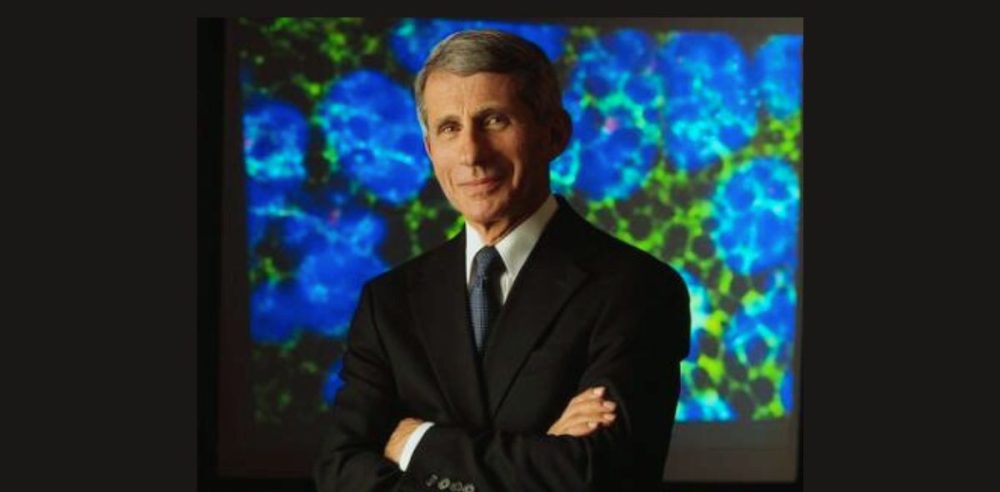Dr. Anthony Fauci, a leading figure in the federal government’s COVID-19 response, has sparked criticism on social media after publishing a paper in Clinical Infectious Diseases titled “HIV/AIDS and COVID-19: Shared Lessons from Two Pandemics.”
Co-authored with Gregory Folkers, the paper reiterates Fauci’s view that COVID-19 originated naturally and critiqued then-President Donald Trump’s pandemic leadership.
However, Fauci’s citation of the debunked claim that Trump advised Americans to inject themselves with bleach has drawn significant backlash, Fox News reported.
The paper argues that political leadership, or its absence, played a critical role in the pandemic’s trajectory.
Fauci and Folkers criticize Trump for minimizing COVID-19’s seriousness, failing to promote preventive measures like masking and physical distancing, and endorsing unproven treatments, including hydroxychloroquine, ivermectin, and the infamous “bleach injection” claim. Despite being widely debunked by fact-checkers like Politifact, this latter assertion is prominently featured in the paper.
The authors reaffirm the hypothesis that COVID-19 originated naturally, suggesting it jumped species at the Huanan seafood market in Wuhan, China, before spreading globally. Fauci’s dismissal of alternative theories, such as the Wuhan lab-leak hypothesis, has drawn criticism for excluding competing perspectives, including recent findings that challenge his stance.
Conservative commentators reacted strongly to the paper.
Journalist Jerry Dunleavy criticized Fauci for citing the “Proximal Origins” paper, which has faced scrutiny over its dismissal of the lab-leak theory. National Review contributor Pradeep Shanker and others described Fauci’s claims as misleading and politically motivated, questioning his credibility.
Critics also took issue with the paper’s tone and perceived political slant, accusing Fauci of using his scientific platform to settle political scores. Steve Guest, a conservative communicator, labeled Fauci “an embarrassment,” while others highlighted contradictions in Fauci’s messaging throughout the pandemic.
The backlash reflects ongoing debates over Fauci’s pandemic leadership and the origins of COVID-19.
His critics argue that he has been overly dismissive of dissenting views, including the lab leak theory, while his defenders highlight his extensive contributions to public health.
Fauci has not publicly responded to the controversy surrounding this publication.
The National Institutes of Health (NIH), where Fauci has long served as a prominent researcher, did not comment when approached by Fox News Digital. The controversy continues to fuel partisan debates over the intersection of science, politics, and public health policy during the pandemic.
As Fauci’s role in the pandemic remains a polarizing topic, this latest paper has reignited discussions about his legacy, the accuracy of pandemic narratives, and the impact of political leadership on crisis management.


